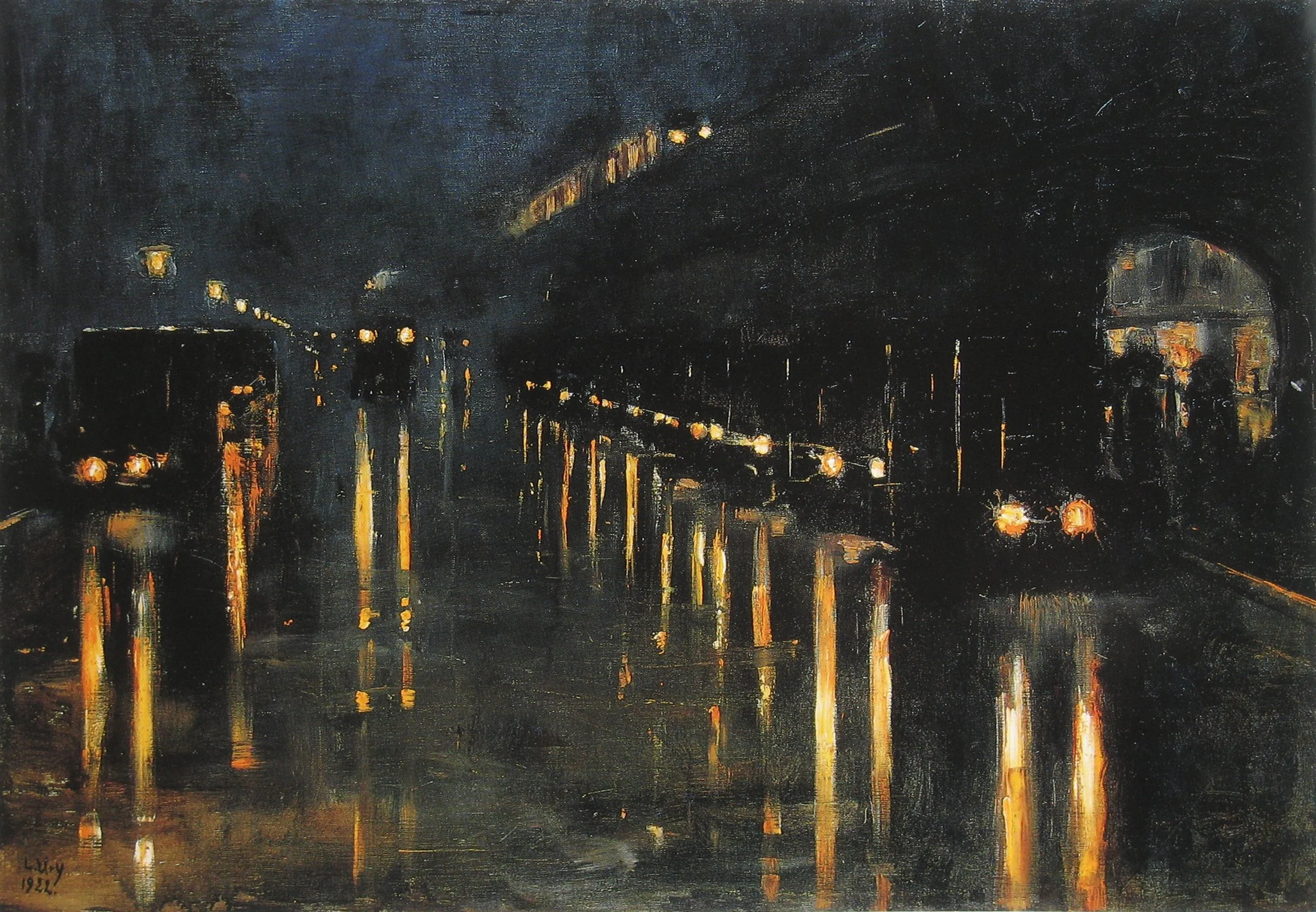Twilight: An Editorial.
/Sometimes it is easier to see clearly into the liar than into the man who tells the truth. Truth, like light, blinds. Falsehood, on the contrary, is a beautiful twilight that enhances every object.
― Albert Camus, The Fall
Dear Friends,
Like many good things, the word “twilight” has a certain ambiguity to it. According to the Oxford dictionary, it can mean both “the faint light or the period of time at the end of the day after the sun has gone down” and “the final stage of something when it becomes weaker or less important than it was”. In German, twilight can also be translated as Halbdunkel, semi-darkness - and isn't there a semi-darkness at dawn too? We might live during a time when some of the hopes and values we cherished in the past are being torn apart by the climate catastrophe, by populism and rising fascism and wars started by small men lusting for power, but maybe it is not the end but a moment of darkness before the dawn.
Many of our contributors to our first new themed edition with the title of “Twilight” seem to think so, and we are delighted to publish their honest prose and poetry that acknowledges both the dark and the light in places ranging from Mammoth Hot Springs in Wyoming over Withington in Manchester and Buttermere Valley in the Lake District to an unnamed village in India. We are also very happy to welcome back writers that have contributed to Elsewhere in the past as well as being the first publication for emerging writers.
You can find all the wonderful poems, essays and stories in our latest issue online. For our cover we have chosen "Hochbahnhof Bülowstraße" (Elevated station Bülowstraße) from 1922 by Berlin painter Lesser Ury (1861 - 1931).
Anna & Marcel
Cambridge & Dundalk, July 2024


